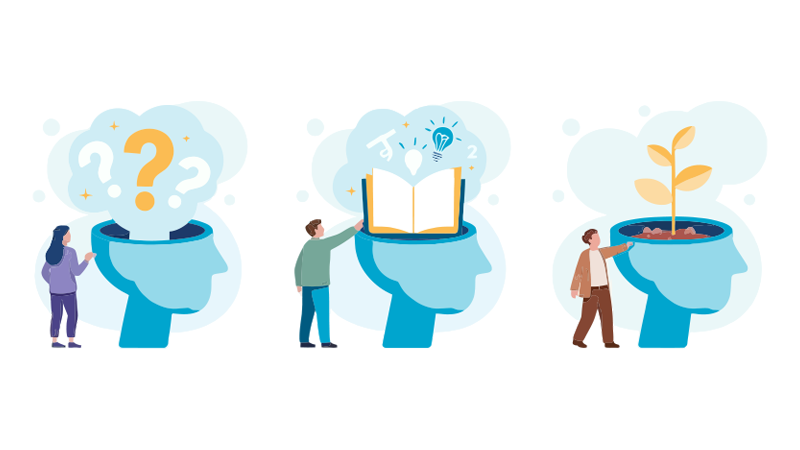We’ve all met a consultant with a slick vocabulary, a nice set of cufflinks, and a know-it-all personality. Those consultants give you an incredibly generic assessment of what’s wrong, spout some industry buzzwords, give you a vaguely prescribed solution that’s all but impossible to implement, collect a big paycheck, and move on to their next assignment. They don’t get in the trenches with you to get to know your vision and who you are at the core. They don’t get to know your team and offer honest but effective solutions. They don’t stand beside you the whole way, cheer you on from the sidelines, and become a part of your team. Simply put: They aren’t Vista.
Vista has more than a century’s worth of combined experience in the legal field. Our owner and consultants have worked in the accounting industry, in operations management, and on legal vendor teams. Vista consultants have worked in a huge variety of roles including law office receptionist, attorney, law firm CEO, Director of Marketing, CPA, Programmer, Intake Supervisor, Medical Treatment Coordinator, and everything in between. We are comprised of attorneys, CPAs, former company presidents, and general tough and experienced businesspeople. We know what we’re doing because we’ve likely done it before! We all bring significant individual experience to the united front known as the Vista Consulting team.
We’ve also managed to significantly expand on our individual knowledge by working with hundreds of law firms across the country. We’ve gotten to know a variety of firm cultures and team dynamics. We’ve met everyone from the established and wildly successful firm to the startup firm, to the firm who is struggling mightily. That experience has served us well. We understand and appreciate every operation’s individuality. That means when you work with us, we’re never going to try and put your firm in a box. We’ll work to gain an understanding of who you are, where you’ve been, and where you want to go.



